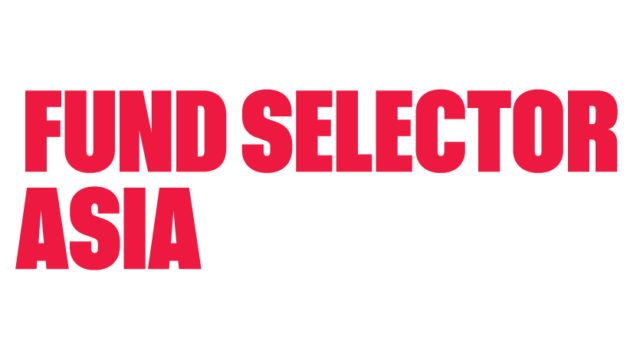QDII funds, which mainland firms use to invest domestic capital outside of China, have had strong net outflows during the year.


QDII funds, which mainland firms use to invest domestic capital outside of China, have had strong net outflows during the year.

China did not give additional allocations for its inbound and outbound quota programmes last month, according to records from the State Administration of Foreign Exchange (SAFE).

Kuala Lumpur-based CIMB-Principal Asset Management has received additional quota enabling the firm to invest in China’s onshore markets, according to latest records from the country’s State Administration for Foreign Exchange (SAFE).

London-based Highclere International Investors and Hong Kong-based CIFM Asset Management are the latest recipients of China’s inbound quota schemes, according to records from the country’s State Administration for Foreign Exchange (SAFE).

China has relaxed its outbound investment schemes with the revival of the qualified domestic institutional investor (QDII) programme and the expansion of two other outbound programmes, according to records from China’s State Administration of Foreign Exchange (SAFE).
Despite a slight drop in assets, inflows into the five Hong Kong funds available for sale in the mainland through the MRF remain robust.

Assets in fixed income QDII funds quintupled in 2016, reflecting Chinese investors’ growing interest in the safety of foreign bonds.
Mainland exchange trade funds reported strong August inflows, in particular the first ETF tracking China’s State-owned enterprises.
The four Hong Kong-domiciled funds selling in the mainland through the Mutual Recognition of Funds scheme drew RMB 1.1bn ($166m) of net sales in July, the highest since the sales started at the beginning of the year, according to the latest data from State Administration of Foreign Exchange.

China Asset Management finished raising onshore money for its overseas-focused bond fund in just one day.
Part of the Mark Allen Group.
